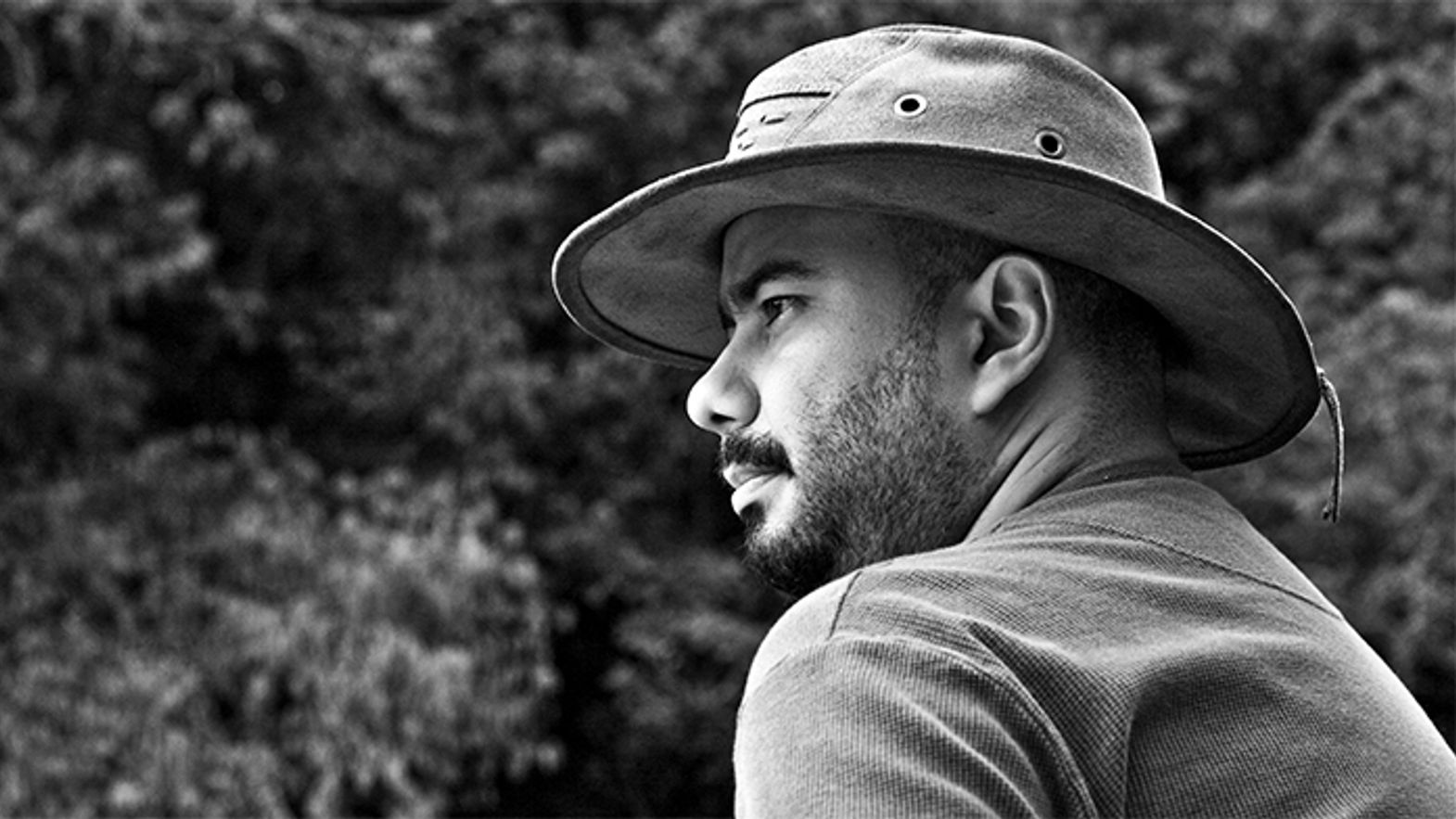
Ciro Guerra, you directed Pájaros de verano with Cristina Gallego. If you should summarize it in a few words, which ones would they be?
It is the story of a man who sees his life radically changed after the purest form of capitalism comes into his life in a very sauvage way. We decided to focus on an individual story, metaphor of a country which faced the "Marijuana Bonanza" (economic boom, ed). After Colombia was able to maintain its culture through centuries, resisting againts Spanish, English and Dutch invasions, everything changed; a tragedy that affected millions of people, with families who were torn apart by that phenomenon.
How did you prepare for this movie?
Everything is based on real facts and shot in real locations, so we read the books written about the topic and interviewed people. In the desert of Guajira everyone has something to tell about that decade, the 1970s: in those stories we found elements of several genres, such as western, noir, gangster movies and Greek tragedy. They were experiences which only asked to be lived, and to be filmed.
After the success earned by Narcos, Colombia seems to be part of a new way of storytelling influenced by North American authors...
It is something that has been going on for the last 15 years and many Colombian people are complaining a lot about the way their country is represented. We took a huge risk telling a story from the point of view of Colombian people, but we were happy to do it. Some key roles are played by professional actors, but many others are played by real people: Peregrino, for example, was played by José Vicente Cotes who is a palabrero and spiritual leader of the Wayuu community.
Can you tell us something about the choice of the title, which is translated Birds of Passage?
I like titles which are hiding several messages. Birds are pretty important for spiritual system of the Wayuu community and they are representing nature, but also the airplanes which started to transport drugs from Colombia to North America. Men with guns, in the 1950s Colombia, were called "pájaros", but we also liked this word because it implies something or somebody that is coming and going, just like the "bonanzas": there was the coffee bonanza, the oil bonanza and the cocaine bonanza, generated by the marijuana trade we represented in the movie. And finally, it is a title which transmits the ephemeral nature of humanity.